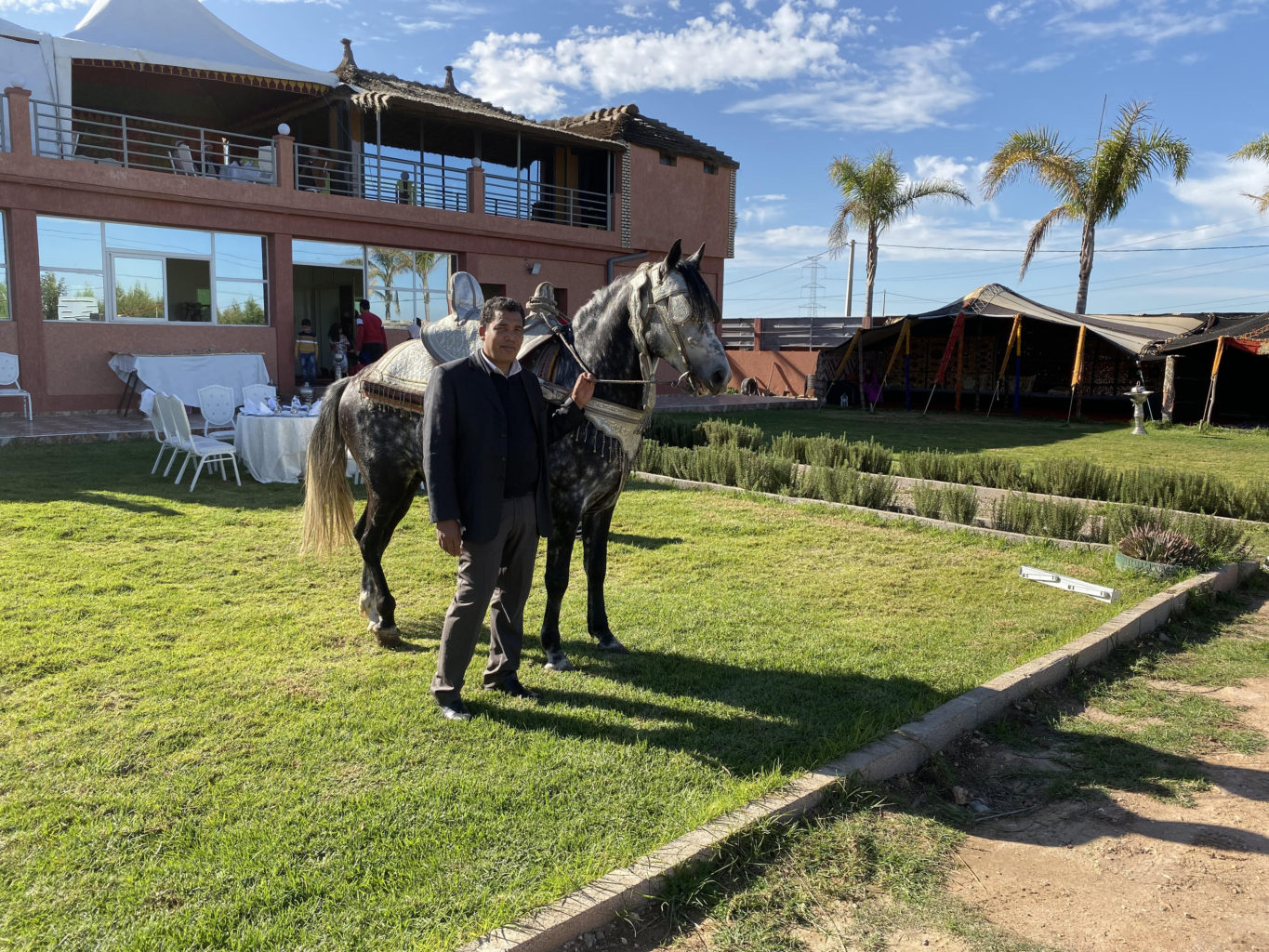In 2016, Kroumille bought an expansive plot of land in Berchid, a region about 50 kilometers outside Casablanca. The area has deep ties to the agriculture industry — unfortunately, however, Kroumille saw little investment in biodiversity taking place.
Agriculture has contributed to Morocco’s precarious position in the face of climate change. Farm irrigation systems have depleted groundwater reserves in recent years, as the industry strives to continue providing income for over 80 percent of rural households. Morocco, long plagued by extreme water scarcity, cannot continue surrendering these precious sources of water.
Bionatil uses agriculture techniques, both new and old, that promote greater water efficiency. Kroumille implements ancient irrigation processes alongside cutting-edge hydroponics, which drastically reduce the amount of water needed to grow food crops. These initiatives show a clear path for balancing economic potential and sustainability in Moroccan agriculture.
Water conservation is just one important objective for Bionatil’s business plan. The farm further promotes energy efficiency by using solar power to drive pumps and lighting, while a new biogas facility will convert organic waste into another source of clean energy.





